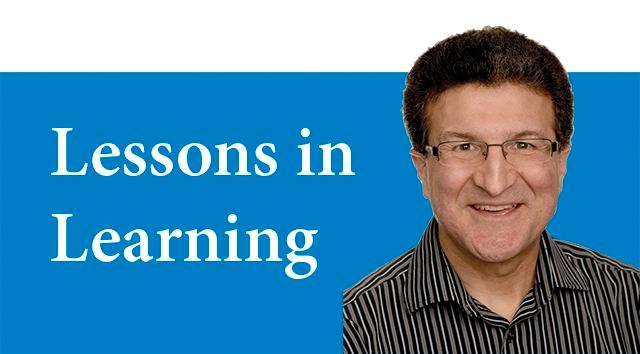In his classic book, The 7 Habits of Highly Effective People, Stephen Covey tells us that we should "seek first to understand and then to be understood."
This is one of the key elements in building global understanding. How do we achieve it, however, living in the digital age? How do we communicate effectively with others when we are sitting on our computers and cell phones half the world away?
Megan Phelps-Roper grew up as a member of the controversial Westboro Baptist Church. As a young adult, she became an online crusader for her church through social media.
In her recent Ted-Talk, she discusses how this eventually led to her questioning her beliefs and leaving this community. Much of the change she experienced had to do with the online friends she developed, who exemplified Covey's principle.
As a member of Westboro, Phelps-Roper would engage with people she had never met through Twitter and hostile exchanges would ensue. Over time, however, there would be a shift, both sides would begin to express genuine curiosity in the viewpoints of the other. The walls came down, genuine friendships began to develop, and Phelps-Roper could no longer believe the "us and them" rhetoric she had been taught since she was a child.
After leaving, she reflected on what had happened. What had her friends done to break down the barriers of hatred and animosity?
In her Ted-Talk, Phelps-Roper presented the formula these people had unconsciously followed. Much of it applies to person-to-person relationships, but she focuses on how it happened online. She provides us with four very effective guidelines.
First, don't assume bad intent. Most people believe they are doing the right thing. Though we need to practice online safety, the number of people who really want to hurt us is actually quite small.
As Phelps-Roper says, "When we assume good or neutral intent, we give our minds a much stronger framework for dialogue."
The second guideline is ask questions.
This is a vital piece of any listening strategy. If we want to truly understand another person's point of view, we need to let them explain it, and we need to listen.
Interesting things begin to happen when we do this. First of all, the person feels heard. They also begin to naturally ask us questions as well, and this allows true dialogue to begin.
The third point is to stay calm. It is important that we remain respectful, that we not lash out and say something that we may regret later. Phelps-Roper points out that this is actually easier to do online than it is in person. In social media we can take a break, walk away, change the subject and come back to the topic when we are calmer.
The final point is make your argument.
We need to present our case. Our views are important as well, and others need to hear them. They may challenge our views, but that too is an important part of this process.
If we consider the implications of applying the principles Phelps-Roper presents, it is quite astounding. Through social media we can connect with people on other continents as easily as we connect with our neighbours. This provides an amazing opportunity to build dialogue and global understanding.
When we can see beyond the viewpoint that we are convinced is right and take the risk of hearing a perspective that we do not like, good things happen. We may help others to see the contradictory nature of their own beliefs. We may also find that we soften and become more tolerant ourselves.
In many ways the world is becoming smaller. When we keep in mind these principles for building understanding, however, it is clear that there is room for all of us.
For more of Gerry's columns, go to www.gerrychidiac.com.



